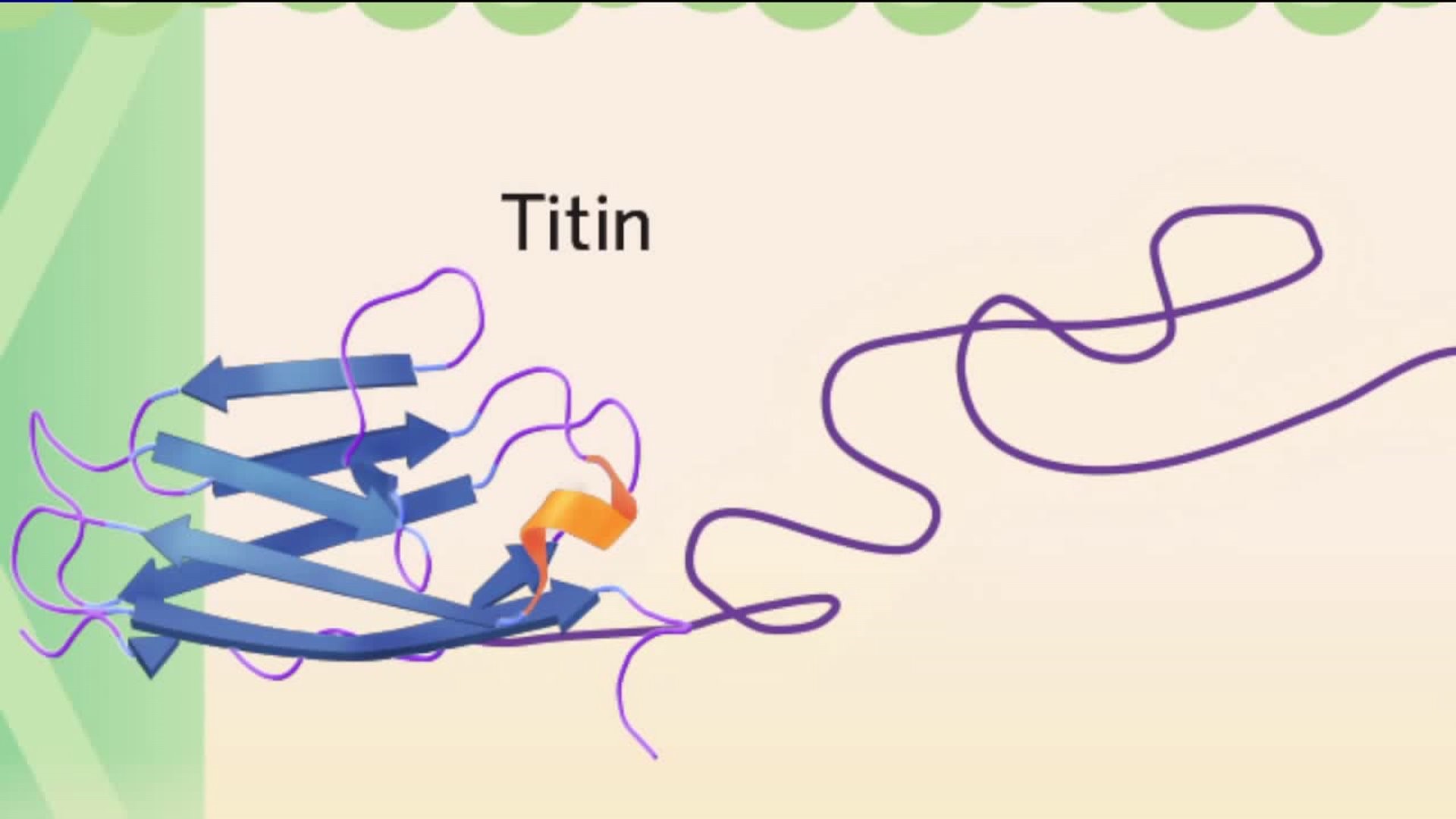GEISINGER MEDICAL CENTER -- A heart condition called dilated cardiomyopathy -- when the heart's main pumping chamber grows weak -- affects some 750,000 people in the U.S.
Researchers at Geisinger Medical Center have been looking into what might cause that condition, and the findings of a study just completed are now published.
At Henry Hood Research Center, on the campus of Geisinger Medical Center near Danville, researchers have just finished a study on something called the Titin gene. It codes the body's largest protein and it's found in muscles including the heart where it has an important job: it allows for elasticity, part of the spring mechanism when the heart beats.
"Mutations in the gene are known to be related to a specific type of heart disease, cardiomyopathy," explained academic researcher Chris Haggerty.
Haggerty explains a type of cardiomyopathy is one of the main causes of heart failure. They wanted to study why the risk of developing it goes up if you have a Titin gene variant.
"Something like 15 to 20 percent of patients with certain forms of dilated cardiomyopathy have been found to have a variance in this gene," he said.
Geisinger researchers, along with a team from Penn Medicine in Philadelphia, reviewed gene sequencing of more than 70,000 people. They found that those with Titin gene mutation were more than 10 times more likely to develop dilated cardiomyopathy. The findings were published last month in the journal "Circulation," part of the American Heart Association.
"One of the things we potentially can get from this is an understanding of when this type of genomic finding may become actionable," Haggerty said.
That's where Dr. Brendan Carry comes in. He's a heart failure cardiologist at Geisinger. He says right now, patients are treated the same way, whether they have the gene variant or not. This research may someday change that, both for his patients, and their family members.
"It gives me information about their family members. Maybe, if they have children, this has implications for how their children may be treated," said Dr. Carry.
Researchers point out plenty of people with the gene mutation are perfectly healthy. This study moves them a step closer to being able to predict who might develop that type of heart disease.
"In the future, we'll have precision medicine and actually directed treatments for this particular disease," Dr. Carry said.
Haggerty says the study is only a start. It raised new questions they hope to also study someday.

